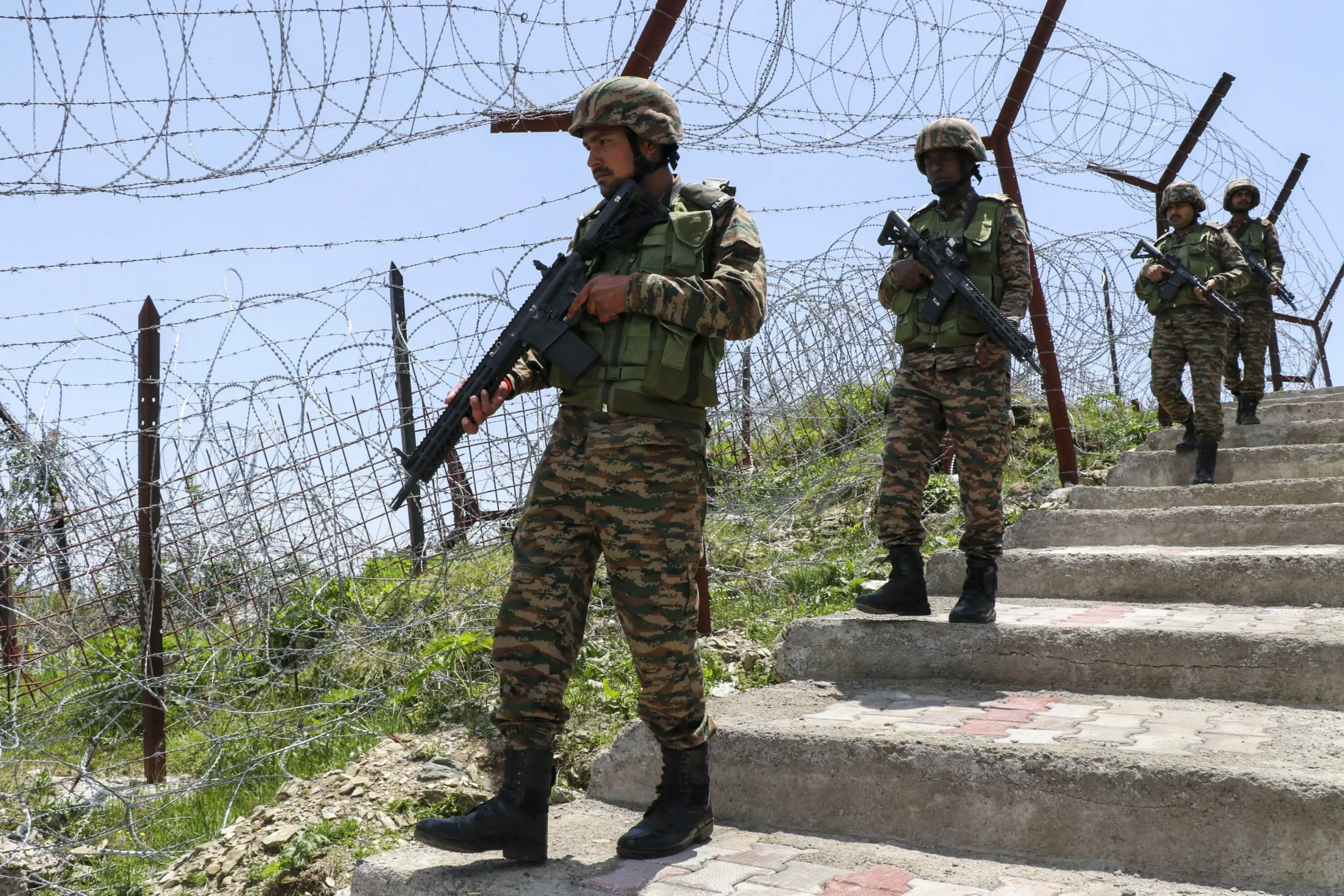The Indian Army has taken a step to strengthen its Air Defence network and has issued a Request for Proposal (RFP) for the induction of the Quick Reaction Surface-to-Air Missile (QRSAM).
An RFP is the second stage of tender process, which will be followed by price negotiation and contract signing.
The missile system called ‘AnantShastra’ will ensure that tanks, infantry combat vehicles (like BMPs), and artillery guns – the backbone of India’s mobile battle groups – stay protected not only against enemy aircraft but also against new-age threats like drones and loitering munitions.
Under the project, three regiments will be inducted and it will cost Rs 30,000 crore. These missiles would be deployed along the critical western and northern borders.
The three regiments of the QR-SAM can give the Army Air Defence a powerful edge in guarding its troops on the move.
During Operation Sindoor, the Indian Army’s Air Defence proved its strength by standing against enemy air threats. The QR-SAM will make it even stronger.
The system will operate in the air space up to an altitude of 10 km that directly affects soldiers and equipment on the ground. This is the very zone where enemy aircraft, helicopters and drones threaten the Army’s formations.
It has been tailored to the Army’s needs, providing air defence to mobile units and mechanised columns, even in fast-changing battlefield conditions.
The QR-SAM is developed indigenously by DRDO with the support of Bharat Electronics Limited and Bharat Dynamics Limited.
It will be mated to Army’s ‘Akashteer’, a command & control network.
Features of the Quick Reaction Surface-to-Air Missile
- Range & Altitude: Destroys threats over 30-40 km away, neutralises targets at altitudes of 6-10 km, including fighter aircraft, helicopters, drones, rockets and missiles.
- Mobility: Mounted on high-mobility 8×8 vehicles, it can move with the Army across mountains, deserts, and plains.
- Technology Edge: Equipped with 360-degree radars, automated command and control and all-weather tracking systems.
- Resilience: Designed to resist electronic jamming, ensuring accuracy even under hostile conditions.
